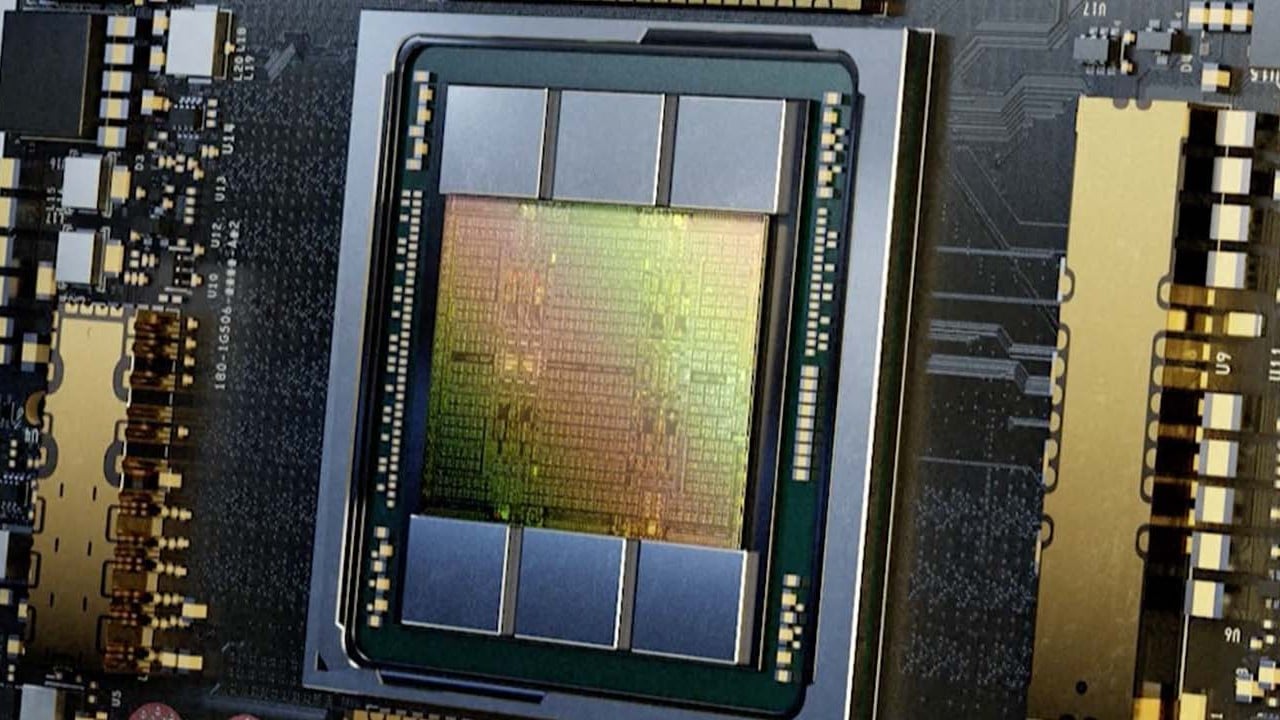Tech war: American CEO at Chinese chip tool firm cashed out US$10 million in shares before US sanctions
- Gerald Yin Zhiyao, founder and CEO of Advanced Micro-Fabrication Equipment (AMEC), had sold some of his shares along with other American employees
- Washington’s move to curb the involvement of ‘US persons’ in China’s chip industry has left many American workers in the country in limbo

American executives at a leading Chinese chip-making gear provider sold millions of dollars worth of company shares just weeks before the US imposed sweeping new restrictions on the export of semiconductor technologies to China, according to corporate filings.
Shanghai-listed Advanced Micro-Fabrication Equipment (AMEC), co-founded in 2004 by naturalised US citizen Gerald Yin Zhiyao, reported in a stock exchange filing in late July that six of its executives, including Yin and two other US citizens, planned to sell no more than 2.44 million shares, equivalent to about 0.4 per cent of the company’s total shares, in the following three months.
The decision was made because of “personal demand for cash”, according to the filing.
On the same day, AMEC announced that Yin, who has been the firm’s chairman and CEO since its founding, had sold 549,500 of the 6.43 million he originally owned for 74.4 million yuan (US$10.5 million) by the end of September.
Du Zhiyou, vice-general manager and former chief operating officer at AMEC, sold 10,000 shares for 14 million yuan, while the other American executive had yet to sell any shares during that period, according to the disclosure.
Before the latest announcement, Yin, 78, had never sold any of his shares after the company went public in 2019.
